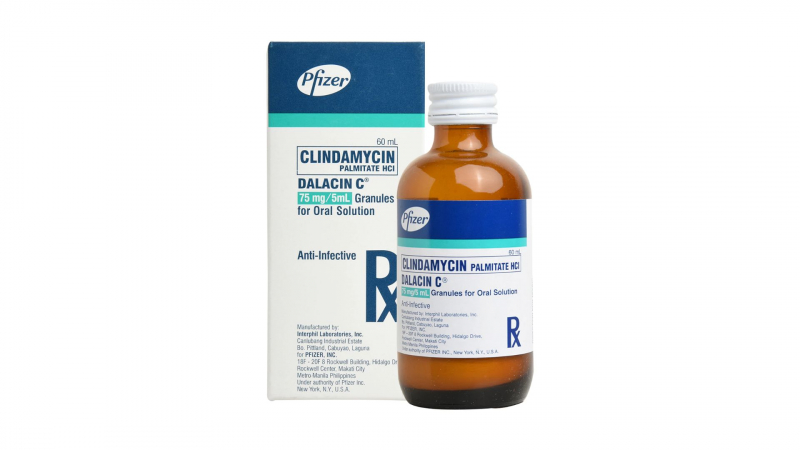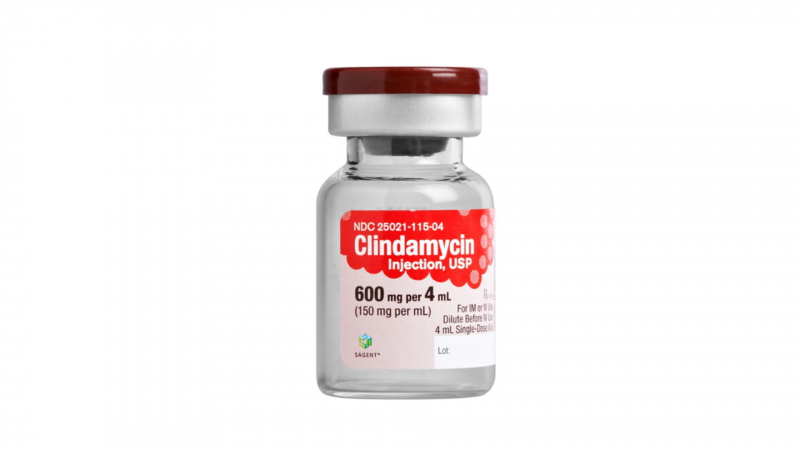How to use
The form and dosage of clindamycin prescribed by a doctor will vary depending on the infection.
How to take oral capsules and granules
Clindamycin should be prescribed only to people who are allergic to penicillin or if a different antibiotic would be inappropriate for that person. This is done to reduce the risk of colitis, which is inflammation of the inner lining of the colon.
If at all possible, the doctor should collect samples from the infection site in order to determine which bacteria are causing the infection.
Clindamycin capsules may irritate the esophagus, which connects the mouth to the stomach. Clindamycin capsules should be taken with a full glass of water to avoid irritation.
Clindamycin is available in granules that dissolve in water for people who have difficulty swallowing.
How to use vaginal creams and suppositories
Topical clindamycin can be used to treat vaginal bacterial infections.
The cream is packaged with an applicator. One applicator containing approximately 100 mg of clindamycin can be inserted into the vagina once daily at bedtime for 3 or 7 consecutive nights.
Cleocin vaginal cream is safe to use during the second and third trimesters of pregnancy. A pregnant woman needs 7 days of treatment.
Clindamycin vaginal suppositories should not be used by pregnant women. The safety of suppositories during pregnancy has yet to be confirmed by researchers.
To use a suppository, insert one suppository pill containing 100 mg of clindamycin into the vagina once daily at bedtime for three consecutive nights.
Clindamycin creams and suppositories should not be used by people who have a history of colitis.
How to use lotions, gels, and solutions
Clindamycin lotions, gels, and solutions are prescribed by doctors to treat acne.
A person suffering from acne can treat it by applying a thin layer of Cleocin T 1% lotion or clindamycin 1% solution to the affected area of the skin twice daily.
When acne appears, apply Clindagel 1% to the affected area once daily.
Clindamycin applied topically can cause diarrhea. This treatment should be avoided by anyone who has had colitis.
How to take injectable clindamycin
If a patient has a severe infection and is unable to take other antibiotics, they may be given injectable clindamycin at the hospital.









